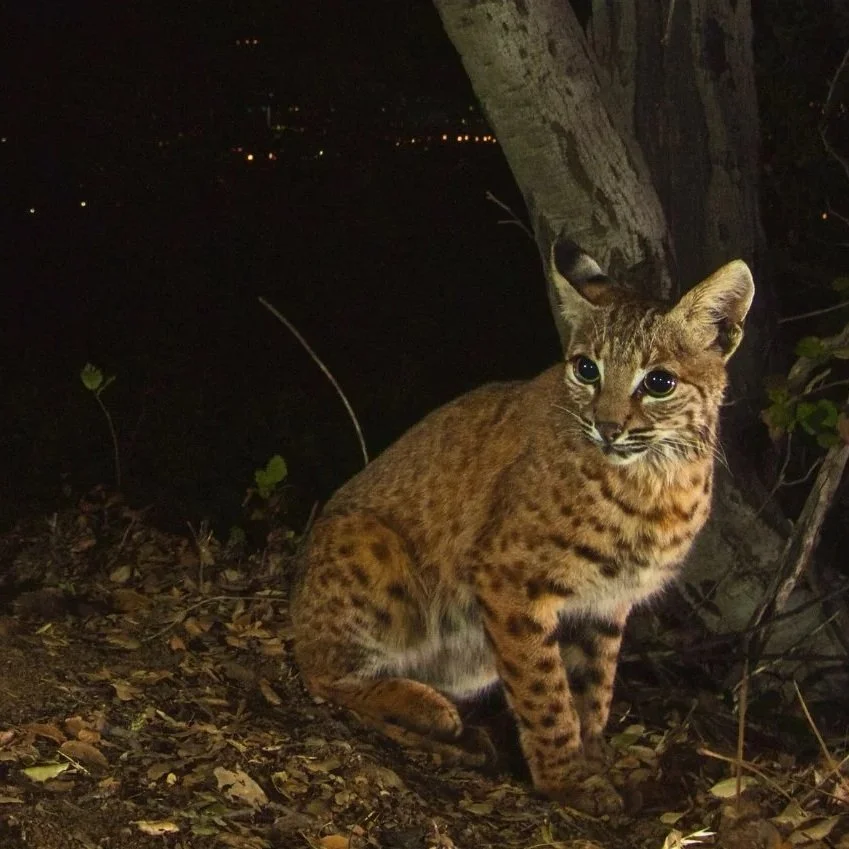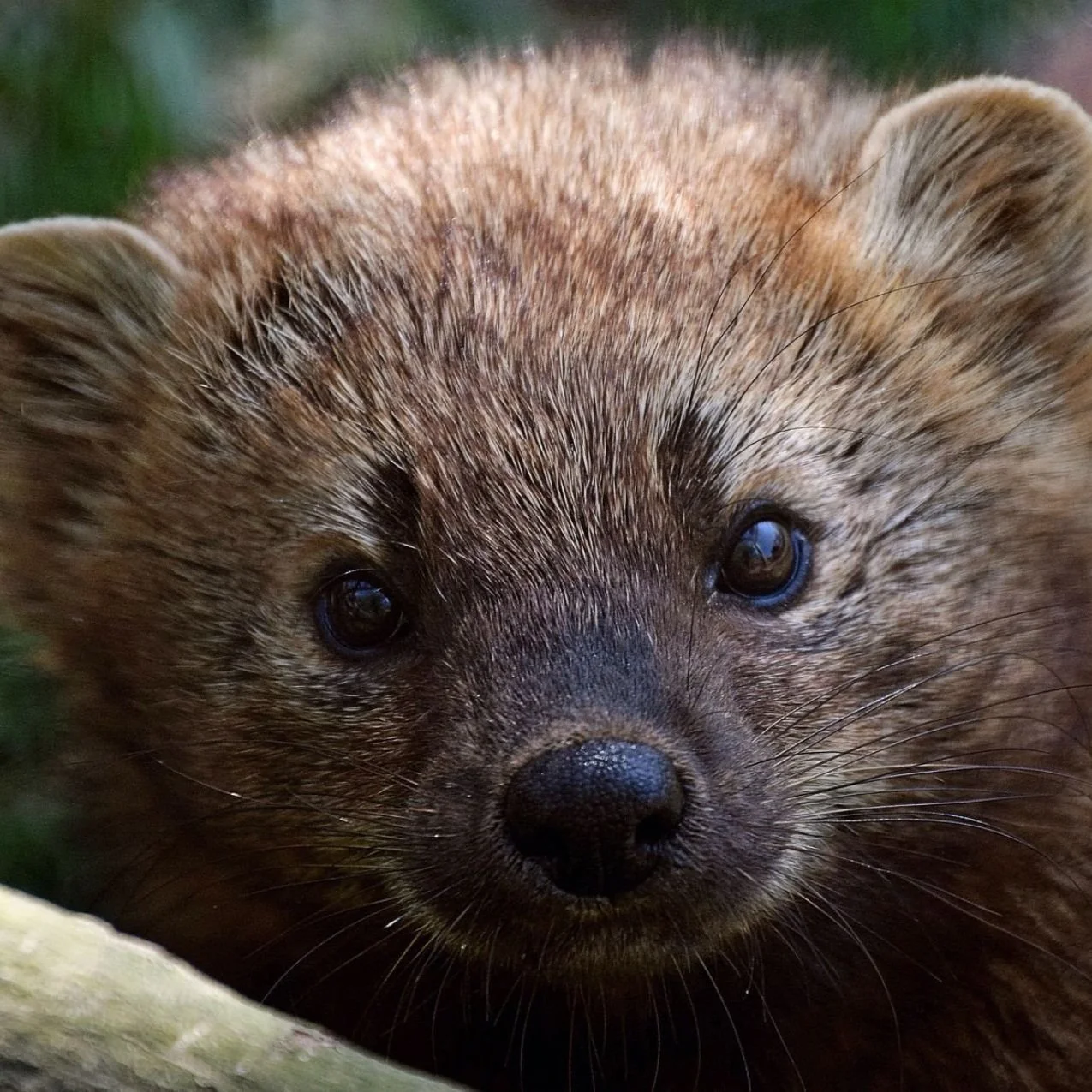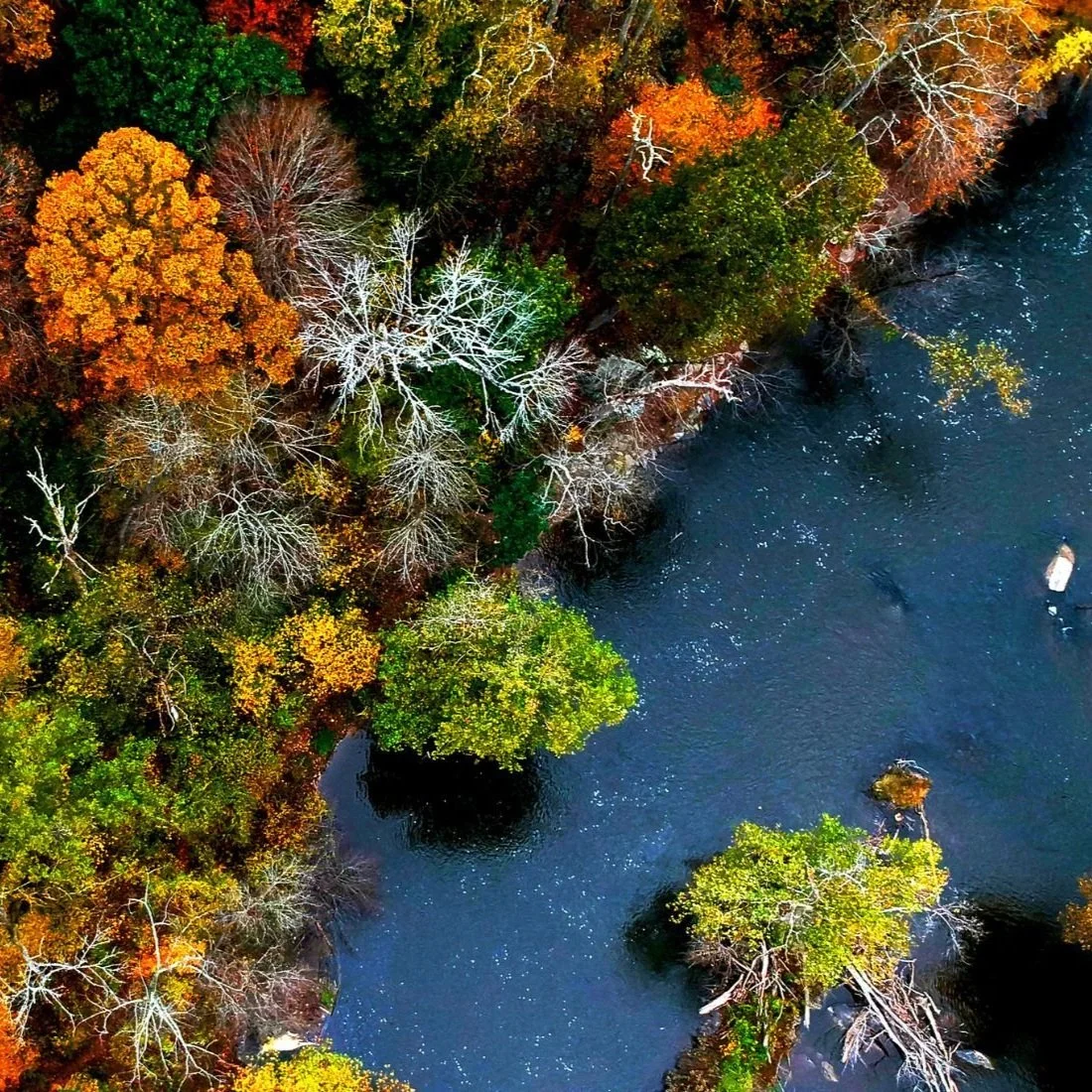Why local kids are scared of backyard cobras
/Children love animals, but do they know about the animals that live in their backyard?
Photo: Chesapeake Bay Program
“Will we see any cobras?”
The little boy looks up at me, his brown eyes worried. He’s small, only about six years old, and hasn’t been out in the woods before.
He does like animals though. For the past few minutes, I’ve been hearing all about his favorite TV shows, featuring deadly reptiles and bizarre fish. He knows what a cobra is, but he’s not quite clear on whether they pose an immediate threat to him.
As an environmental educator at the Audubon Naturalist Society’s Woodend Sanctuary, I saw this kind of thing a lot. I led field trips, in-school programs, and summer camps, and almost invariably, there was at least one child who knew more about wildlife on other continents than the animals in his or her own backyard.
Younger children, like the brown-eyed boy, will be concerned about the possibility of piranhas in the rainwater pond. Older ones will expound to me on the hunting behavior of South Pacific sea snakes and stare blankly at me when I ask if they’ve ever seen a bluebird.
It’s not that it's bad to learn about exotic wildlife. What’s concerning is that a lot of kids seem to have more knowledge of Indonesian jungles and African deserts than the local environment.
Mallard ducks and monarch butterflies may not be as thrilling to watch on television as cassowaries and vampire bats, but they are no less worthy a subject for children to learn about.
If anything, they are more so, since they are creatures children can experience directly and come to care deeply about. Kids will always be more riveted by a deer they see in person than by a rare Columbian frog on a screen.
One day, today's children will be the new stewards of the Earth.
But when I see how little they know about their local environment, I wonder how they’ll do as stewards if all “nature” means is the creatures on the other side of the TV.
How can anyone be expected to protect our local lands and water without a connection to them? How can people understand how precious our Potomac River is if they don’t experience the plants and animals that live here?
Luckily, there are plenty of opportunities for kids to experience the great outdoors right here at home. ANS has even developed a smartphone app called Creek Critters that kids and parents in the Potomac region can use to identify animals and insects they see when out exploring.
This summer, I encourage parents to share the outdoor world with their children, whether by enrolling kids in classes and camps like those at ANS, bringing them to events like Potomac Conservancy’s National Trails Day cleanup on June 4, or just going to a park together.
And I will promise you the same thing I promised the brown-eyed boy: there won’t be any cobras out there.













We aren’t the only ones who think dolphins are photogenic! Our friends at the Potomac-Chesapeake Dolphin Project think so too! But for these researchers photos are just for aesthetics, it helps them monitor the dolphins’ health and track changes over time.
Learn how they’re using technology to help out with this time consuming task!